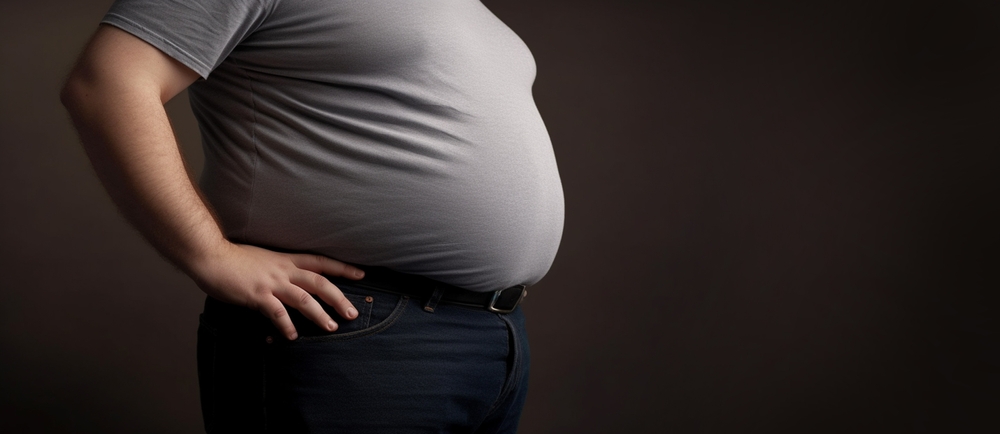Losing weight can be really frustrating, especially when you’re doing everything right. You’ve cut down on calories and you’re working out, but the scale just won’t move. If you’re in a calorie deficit, why isn’t it working?
First, let’s talk about what a calorie deficit is. It’s when you eat fewer calories than your body needs to stay the same weight. To lose weight, you need to burn more calories than you eat. This makes your body use stored fat for energy, which should lead to weight loss. But even though this sounds simple, there are many things that can get in the way.
When you’re in a calorie deficit, your body starts burning fat for energy because it isn’t getting enough from food. At first, this can cause you to lose weight quickly, especially if you’ve cut a lot of calories. But over time, your body might slow down how fast it burns calories, causing your weight loss to stall.
Several things can stop you from losing weight, even in a calorie deficit:
- Metabolism: Your metabolism can slow down if you cut calories for too long. Your body tries to save energy, making it harder to lose weight.
- Underestimating calories: It’s easy to eat more calories than you think. Extra calories in dressings, sauces, and drinks can add up fast.
- Water retention: Changes in diet and exercise can make your body hold onto water, hiding fat loss on the scale.
- Lack of sleep: Not getting enough sleep can mess with your hormones, making you hungrier and less able to burn calories.
- Stress: High stress can raise cortisol levels, which can lead to fat storage, especially around your belly.
To overcome these obstacles and lose weight healthily, try these tips:
- Track your food: Use a diary or app to keep track of everything you eat and drink. Be honest and pay attention to portion sizes and hidden calories.
- Adjust your goals: As you lose weight, you need fewer calories. Check your calorie needs regularly to stay in a deficit.
- Strength training: Building muscle can boost your metabolism, helping you burn more calories even when you’re not exercising.
- Eat enough protein: Protein helps you feel full and keeps your muscles strong during weight loss. Try to include protein in every meal.
- Drink plenty of water: Sometimes thirst feels like hunger, leading to extra snacking.
Remember, the goal is to lose weight in a healthy way. Be patient, persistent, and keep a balanced approach. Keep at it, and you’ll find what works best for you!
Frequently asked questions about weight loss
Why am I not losing weight with a calorie deficit?
If you’re not losing weight despite a calorie deficit, it might be because of inaccurate calorie tracking, metabolic adaptation, hormonal imbalances, or not enough physical activity.
What stops weight loss even with fewer calories?
Factors that can stop weight loss even with fewer calories include metabolic adaptation, hormonal imbalances, stress, lack of sleep, and not accounting for hidden calories or portion sizes.
How do I start losing weight with a calorie deficit?
To start losing weight with a calorie deficit, ensure you’re accurately tracking your food intake, increase physical activity, focus on a balanced diet, and monitor progress regularly.


